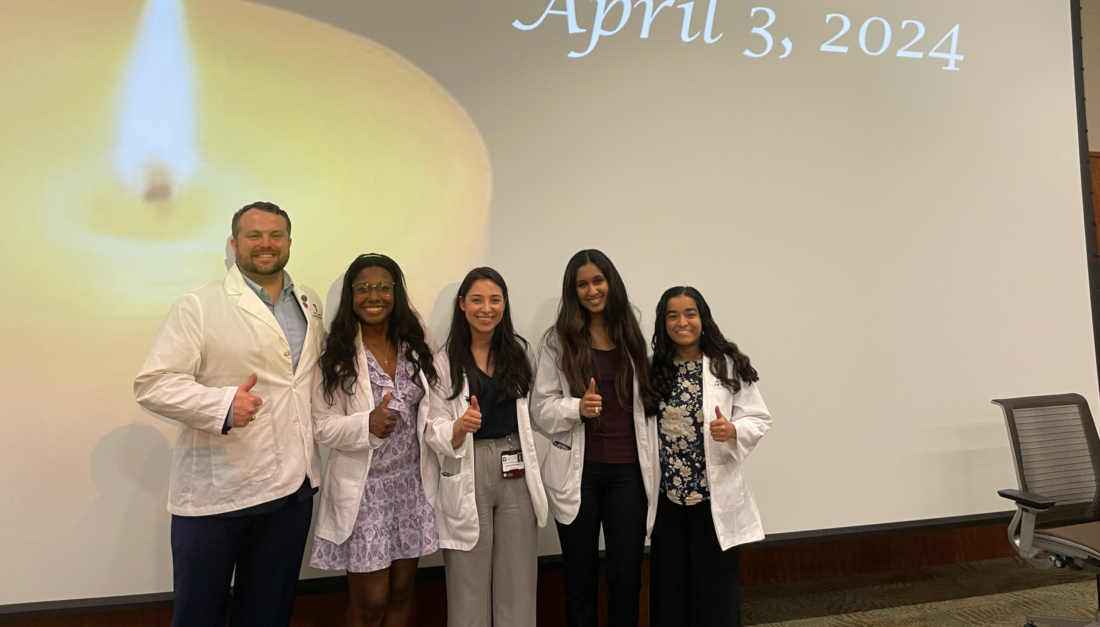BCD researcher awarded grant to evaluate common dental treatment options
(DALLAS) — Dr. Jenny He, assistant professor in endodontics at the Texas A&M Health Science Center Baylor College of Dentistry, has received a five-year $681,338 grant from the American Association of Endodontists Foundation for her research study, “A comparative outcome analysis of endodontic retreatment and single implant-supported restoration.”
The grant is the largest clinical research award in the dental school’s history.
“The study is the first to compare outcomes between two radically different treatment approaches commonly used in different dental disciplines to address the same condition,” said Dr. Paul Dechow, professor and director of the graduate program in biomedical sciences at HSC-BCD.
The study was developed, in part, using resources from the North and Central Texas Clinical and Translational Science Initiative, a multi-institution project. This project is a wide-ranging collaborative initiative aimed at speeding the transfer of laboratory discoveries to new therapies that improve human health. Funded by the National Institutes of Health, the collaboration includes several regional academic institutions, hospitals and community partners, and more than 200 researchers.
Dr. He’s study, which begins in January and runs through December 2012, compares quality of life and masticatory (chewing) function between subgroups of patients receiving one of two different treatments for failed nonsurgical root canal treatments in mandibular (lower) first molars. Patients participating in the study elect to receive either a root canal retreatment or an extraction followed by a single implant placement and restoration. The researchers will identify 100 participants for each of the two treatment option groups.
“There is a lot of debate in this field whether you should extract a tooth and replace it with an implant or perform a root canal retreatment and place a crown over the tooth,” Dr. He said. “I think that if you look at the facts fairly, success rates are overall pretty similar between endodontic and implant treatments.”
“When success rates are so similar, you have to look at other factors such as healing time, function, the impact on quality of life and patient satisfaction,” Dr. He continued.
One goal of her research is to measure and compare the outcome of the treatments from both the clinical and patient perspectives. Study participants will be evaluated at intervals of one week, three months, six months, one year and two years after the completion of their dental treatments.
Dr. He will be looking at their chewing ability, bite force and the effects treatment has on quality of life factors such as confidence, comfort, the ability to enunciate, and the ability to consume and enjoy a normal diet, among other considerations.
“Results obtained from this study are critical for the clinical decision-making we use to select the most appropriate treatment option for the patient,” Dr. He said. “Information gathered will assist in establishing guidelines to most effectively restore the function and esthetics of the dentition and improve the quality of life while promoting an evidence-based approach in clinical dentistry.”
Founded in 1905, Baylor College of Dentistry in Dallas is a component of the Texas A&M Health Science Center. HSC-BCD is a nationally recognized center for oral health sciences education, research, specialized patient care and continuing dental education.
The Texas A&M Health Science Center provides the state with health education, outreach and research. Its six components located in communities throughout Texas are Baylor College of Dentistry, the College of Medicine, the Graduate School of Biomedical Sciences, the Institute of Biosciences and Technology, the Irma Lerma Rangel College of Pharmacy, and the School of Rural Public Health.
Media contact: media@tamu.edu


